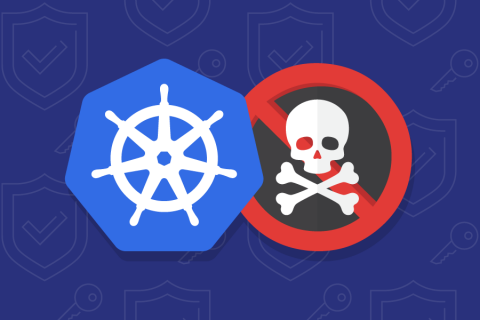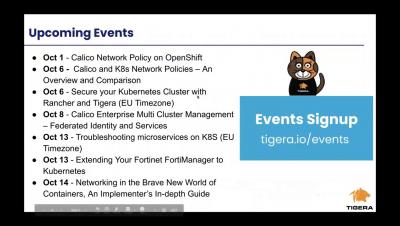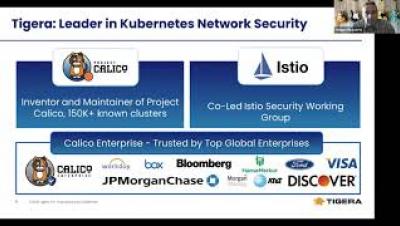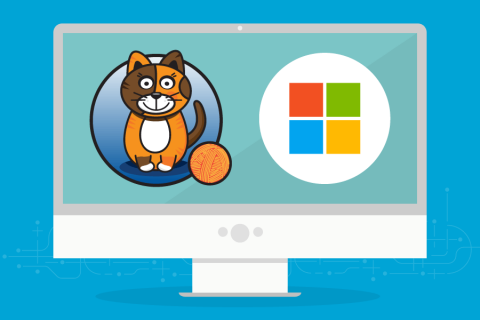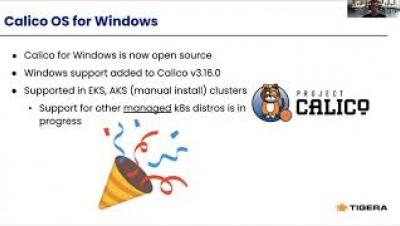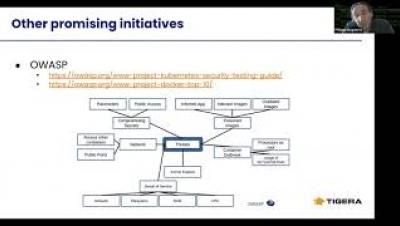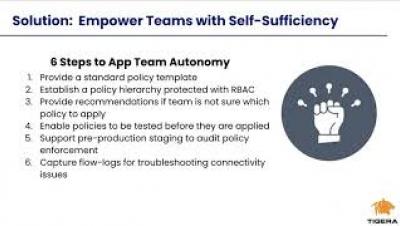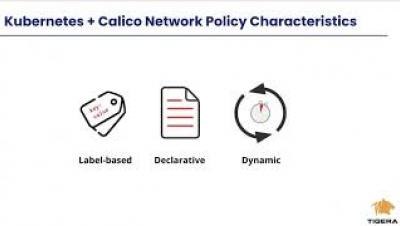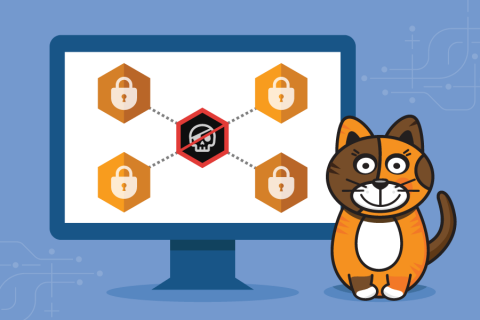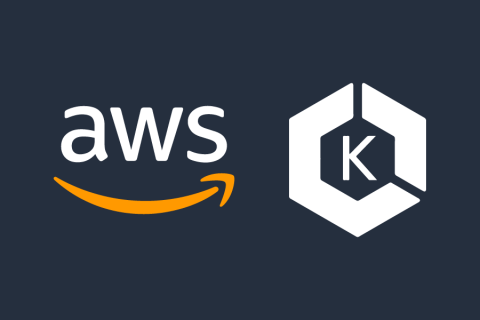Kubernetes Q3-2020: Threats, Exploits and TTPs
Kubernetes has become the world’s most popular container orchestration system and is taking the enterprise ecosystem by storm. At this disruptive moment it’s useful to look back and review the security threats that have evolved in this dynamic landscape. Identifying these threats and exploits and being a proactive learner may save you a lot of time and effort…as well as help you retain your reputation in the long run.


